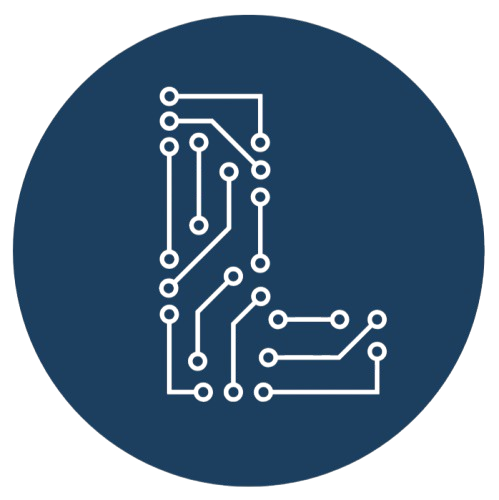Global exchange Binance issued a warning about ‘clipper’ malware, which is manipulating cryptocurrency wallet addresses during transactions to steal funds.
What’s the significance: For crypto traders, the news highlights the heightened security risks in cryptocurrency transactions, especially when using unofficial apps or plugins.
The Big Picture: Cybercriminals are increasingly turning to old methods like Clipper malware to exploit vulnerabilities in cryptocurrency transactions, indicating a growing threat to crypto users as the industry expands globally.
Key details:
- Binance identified a surge in clipper malware activity in late August and warned users, especially Android device owners, to avoid unofficial apps and plugins.
Binance’s security team noted that it is blacklisting suspicious addresses and encouraging victims to report thefts.
The numbers: In 2024, crypto thefts surged, with hackers stealing $1.6 billion in the first half of the year, up from $857 million during the same period in 2023.
- Binance added that it recovered $73 million in stolen funds by July 2024, surpassing previous years’ recoveries.
How it works: The clipper malware intercepts copied wallet addresses from users’ clipboards and replaces them with an attacker’s address, resulting in the loss of funds if the change is unnoticed.
- Origin: First discovered about 7 years ago, the malware originally affected Windows and Android devices but now also impacts iOS users.
Key quote:
“We have identified a global malware issue that is significantly impacting cryptocurrency transactions by altering withdrawal addresses during the transaction process. This type of malicious software… intercepts data stored in the clipboard, primarily targeting cryptocurrency wallet addresses.”
Binance
Other warning: Shibarmy Scam Alerts on X (formerly Twitter) also warned the Shiba Inu community about the rising threat of Clipper Malware.
Ways to Avoid Clipper Malware:
- Manually Double-Check Wallet Addresses: Always verify that the copied wallet address matches the intended recipient’s address before completing any transaction.
- Use Trusted Apps from Official Stores: Only download apps from reliable sources like Google Play Store or Apple App Store to avoid malicious software.
- Install Reliable Antivirus Software: Use reputable antivirus or anti-malware programs to detect and prevent malware on your devices.
- Avoid Clicking on Unverified Links: Steer clear of unknown or suspicious links, particularly from unsolicited emails or messages.
- Use Hardware Wallets: Opt for hardware wallets for storing crypto, as they operate offline and are more resistant to malware attacks.
Between the lines: Despite efforts to combat Clipper malware users remain at high risk, particularly when using unofficial apps or failing to double-check wallet addresses.
What’s next: Users should stay vigilant, use only official apps, and report any suspicious activity to their crypto platforms for potential recovery efforts.
Worth reading: Last month, crypto traders were also warned about the address poisoning scam which tricks victims into sending funds to attackers via misleading transactions. Check out how to avoid it here.
This article is published on BitPinas: Binance Warns of Rising ‘Clipper’ Malware Threat
What else is happening in Crypto Philippines and beyond?




